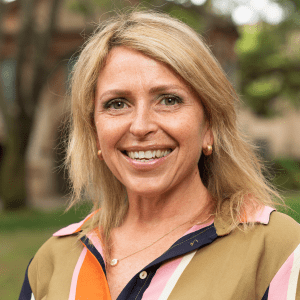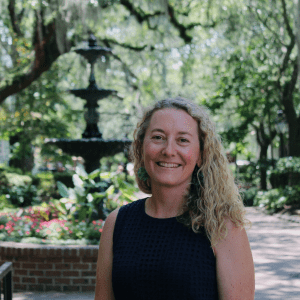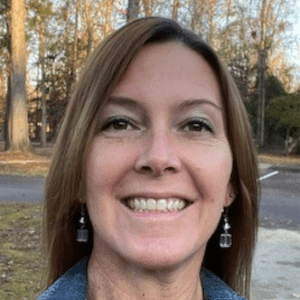First impressions matter, especially at a career fair where you’re aiming to make a lasting impact on potential employers. Your choice of attire can significantly influence how you’re perceived and how confidently you present yourself. In this blog, we’ll dive into the essential tips and guidelines for selecting the perfect outfit to ensure you look polished and professional while attending a career fair.
WHY DRESS PROFESSIONALLY
First, let’s start with why it is important to dress professionally. Your attire for a career fair is paramount, as it serves as your initial introduction to potential employers. First impressions are lasting, and your attire plays a crucial role in forming them. When you dress professionally, you convey a sense of seriousness, preparedness, and respect for the event and the professionals you hope to connect with. It signals your understanding of the industry’s standards and your commitment to presenting yourself in the best possible light. Therefore, dressing professionally isn’t just about clothes; it’s a strategic tool to establish a strong foundation for meaningful conversations and potential job opportunities.
UNDERSTANDING THE DRESS CODE
Although there is no specific dress code for a career fair, business casual is always recommended. Business casual attire typically refers to a dress code that strikes a balance between formal and casual clothing, suitable for professional settings where a full business suit might be overly formal. It often includes outfits that are modest in style while still showing off some personality. While it allows for more comfort and individuality compared to business-professional attire, it still maintains a polished and neat appearance.
WHAT TO WEAR
When attending a career fair, it’s essential to choose clothing items that project professionalism and confidence. Opt for a well-fitted blazer or suit jacket in a neutral color, such as black, navy, or charcoal gray. Pair it with a collared dress shirt or blouse, ideally in a classic shade like white or light blue. Complete the look with tailored slacks or a knee-length skirt for a polished appearance. Don’t forget to wear closed-toe dress shoes and choose accessories that are understated, like a simple tie or dainty jewelry, to ensure your outfit conveys seriousness and readiness for networking and potential job interviews.
WHAT NOT TO WEAR
Avoid wearing clothing items that are overly casual or attention-grabbing at a career fair. Steer clear of jeans, shorts, tank tops, and T-shirts with slogans or graphics, as these can appear too casual and unprofessional. Additionally, avoid clothing that is too revealing or flashy, such as low-cut tops or clothing with excessive sequins or bright patterns, as it can distract from your qualifications and undermine your professionalism. Lastly, stay away from overly worn or wrinkled attire, as it may convey a lack of attention to detail and preparation.
Overall, by understanding the importance of dressing appropriately, adhering to a business casual dress code, and carefully selecting the right outfit, you not only convey seriousness, preparedness, and respect but also maximize your chances of making a memorable impact. Remember, clothing is a powerful tool in your career fair toolkit, and with the right choices, you can present yourself as the confident and capable professional you aspire to be.
Looking for a place to apply these tips? The College of Charleston is hosting its annual spring Career Exploration Fair on February 29th from 12-4 p.m. in the Gaillard Center. At this event, there will be over 100 employers looking forward to talking about positions within their company and networking with students in the hopes of building a long-lasting connection and serving as a great place to show off your outfit.

Kennedy Robinson | Marketing & Communication Intern





















